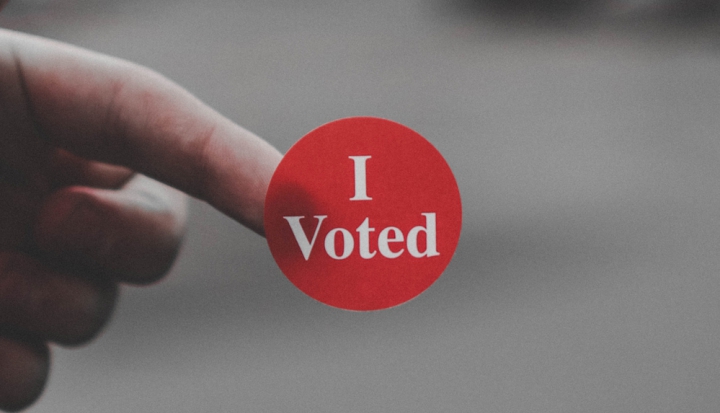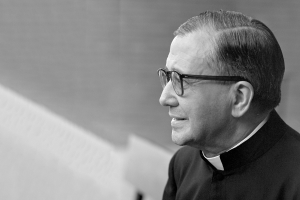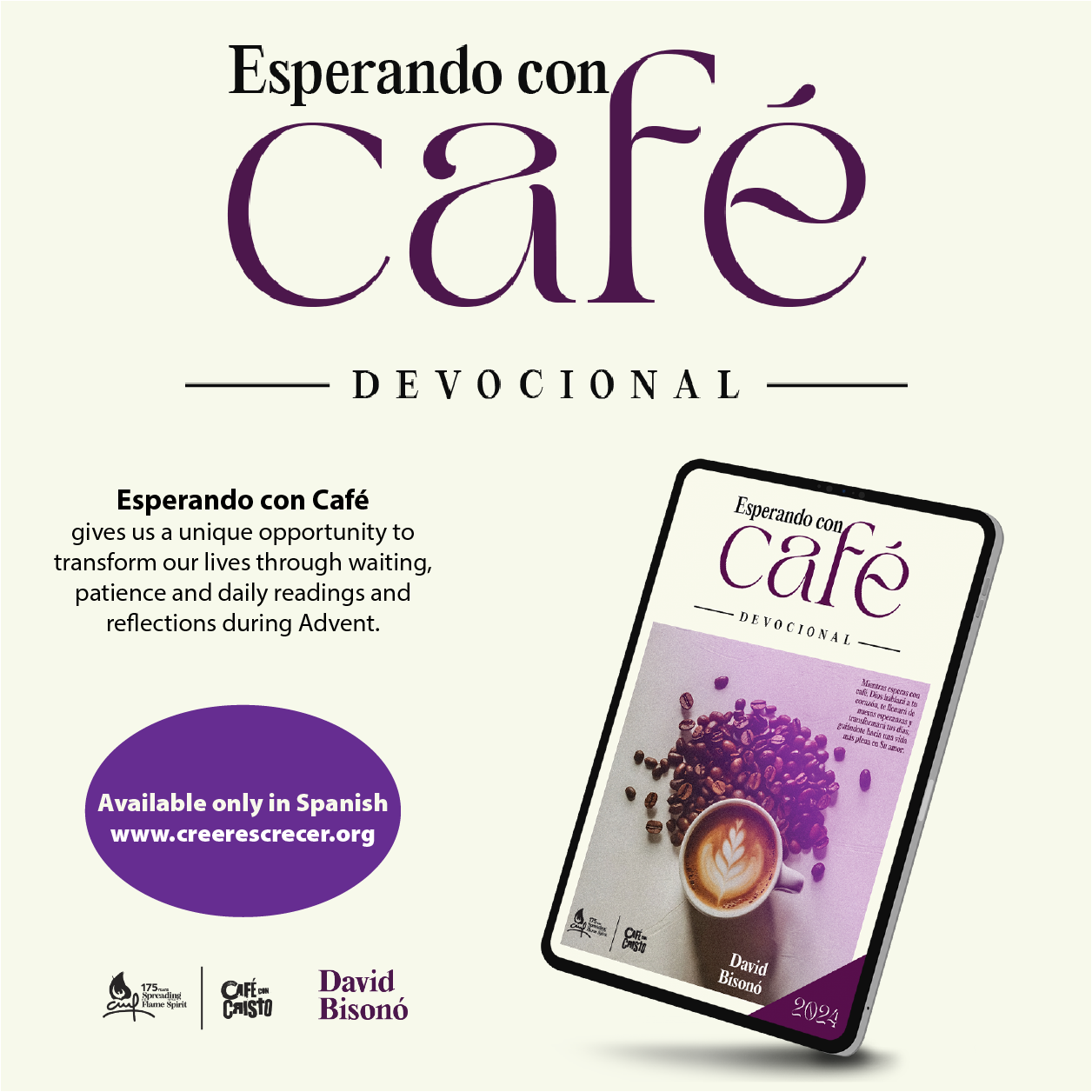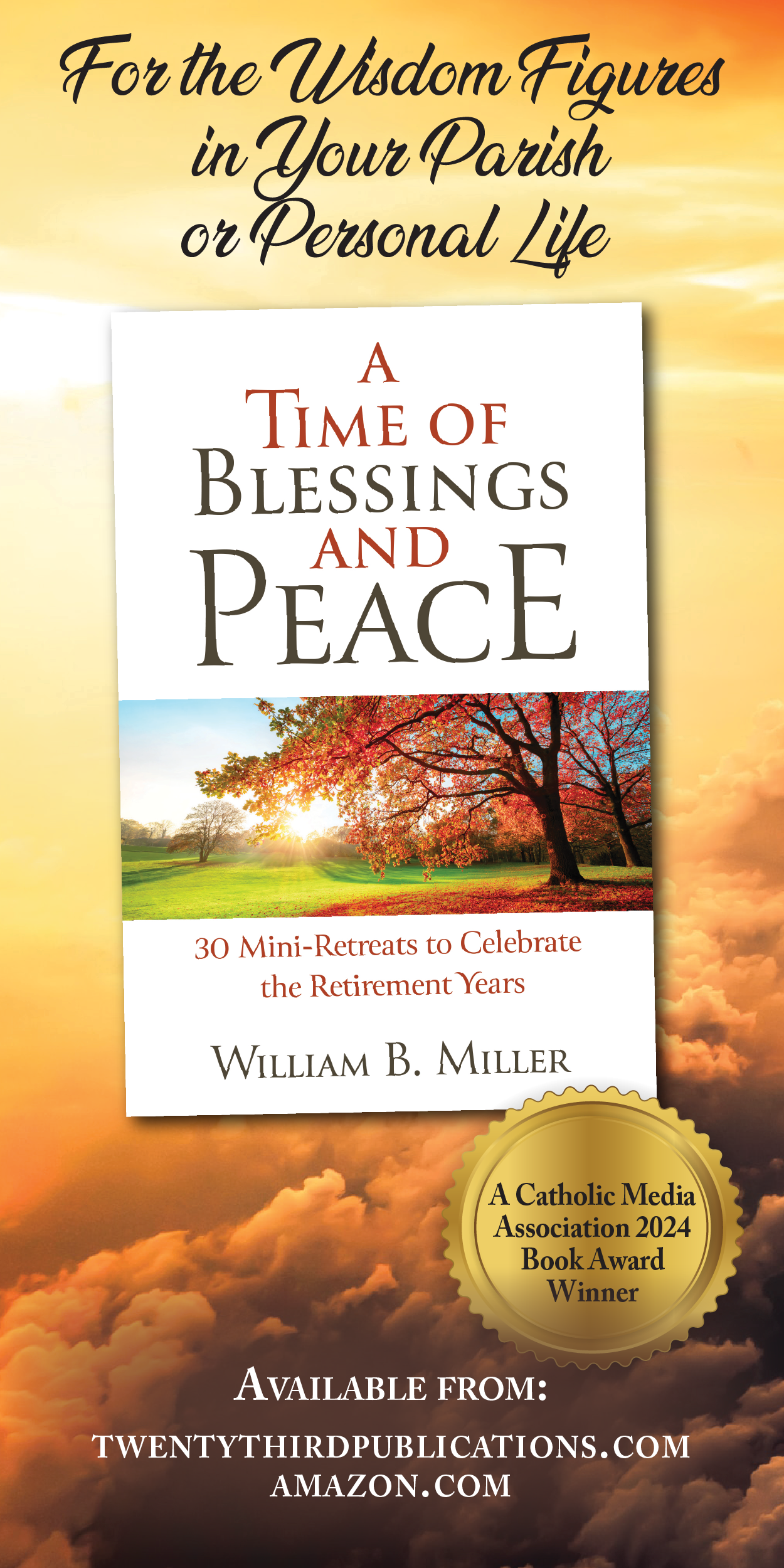“This will be the most important election in our lifetimes.”
It seems like we hear that as each new election comes upon us. And, as a political scientist, I can make a compelling case for why you should believe that about the 2018 midterms. But let’s not do that.
In the aftermath of the Iraq War, I would have made a case that the 2004 election was the most important in our lifetime. Then again, I can remember when the 1994 election seemed like it was the most important.
Like the lure of “New and Improved” in the world of advertising, there is something a little manipulative about the persistent call to see each new election as the one that will finally get everything settled the right way. Catholics, especially, should be a little bit smarter than that.
As a Catholic who has taught and studied politics for nearly twenty-five years, I get asked about “the Catholic vote” all the time. In fact, U.S. Catholic asked me about it this month. But the fact is that Catholics vote almost exactly the same way as everybody else. Statistically, being Catholic makes no apparent difference. There is no measurable “Catholic vote.”
Perhaps it should trouble us that Catholics vote like everybody else. We are accustomed to the idea that identity means difference, and for 30 years now American Catholics have been told by their leaders that we should be “a sign of contradiction” in politics. Maybe it is disappointing that as voters and citizens we do not seem to contradict anything.
I want to suggest a better way to think about “the Catholic vote” that begins with recognizing that the 2018 midterms do not matter more (or, less) than any other election. I do not mean that returning us to divided government in 2018 is not important: It is. I do not mean that Catholic faith is otherworldly, so let’s just focus on eternity: Our faith tells us that the world matters very much.
What I mean is this: Very soon, the 2020 election will be “the most important election of our lifetimes.” Not long after that, it will be 2022 or 2024. And, in a way, this is good. It reminds us of what is great about our representative system of government. Almost nothing ever really gets settled. No matter what one election does, another election can undo it.
Our long conversation about what America is will go on like this beyond our lifetimes because it was going on before our lifetimes. The burden rests on each of us each time we vote to recommit ourselves to fundamental political values because each new election raises the chance we might abandon those values. Thinking about that should give us a sense of perspective when we vote. Especially, this should give us some perspective if we are Catholics.
When we talk about “the Catholic vote,” often we mean being pro-life or perhaps we are thinking about an orientation toward social justice. When we think in those ways, we usually mean that somebody else is wrong about an important issue so we have to win. But Catholic faith should tell us something different. We should be a little suspicious about the idea that politics holds the key to ending abortion or addressing poverty. Worse, thinking that way tends to cause divisions more than it solves problems.
When Catholics have tended to believe that we must win the next election in order to end a war, or protect the poor, or overturn Roe, what we have only managed to do is to divide against one another. This is the attitude that has fueled polarization among Catholics, and it has made Catholics a force for political polarization outside the church too. It is destructive. And it begins in the certainty that “the next election is the most important of our lifetimes,” so we just must win or else all will be lost.
This is why I want to emphasize how Catholics vote instead of how Catholics vote. It seems wrong to think in terms of party, or a particular issue, or any expected outcome to define the Catholic vote. There is no party that should suit Catholics. Weighing issues and the most effective ways to address them is a matter of prudence, and Catholics almost always can reach different judgments about them. There is no election outcome that will bring forth the reign of God once and for all. Elections do not solve our problems. They do something else.
Our attitude about voting, politics, and citizenship deserves more attention. Every election is our opportunity to renew our community and our commitment to the values that make us who we are. To focus on this is the most Catholic way to think about voting. We come together as a people and we decide who are today, which will hold until we do it again tomorrow.
Elections, like everything else in human life, are transient. But our voting and active citizenship define us as a pilgrim people on our way toward a more perfect union. The perfect union lies beyond our political communion today, but our politics should mark our steps toward it together.
Voting is not a sacrament. But we should see our common life as sacramental because the political community that seeks the common good is a blessing to us. And with us we include those with whom we disagree. In this way, we consecrate all that we have inherited and all that we hope to pass on with our thoughtful engagement as voting citizens. This is how Pope Francis has asked us to see past the “denigrat[ion]” of politics and instead to live our common life together as an expression of “civic and political love” for one another.
This is the only way “the Catholic vote” makes sense to me and, seen in that way, the 2018 midterms are the most important election of our lifetimes. Until the next one.
Image: Parker Johnson on Unsplash














Add comment